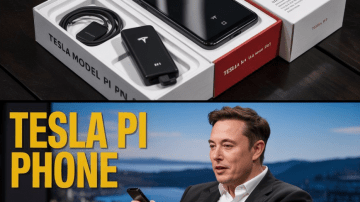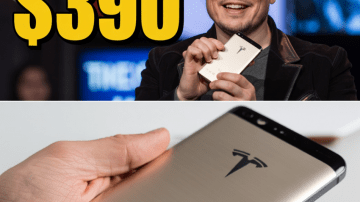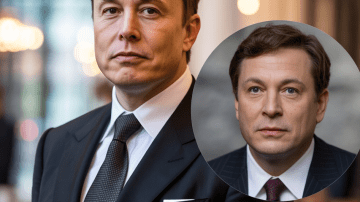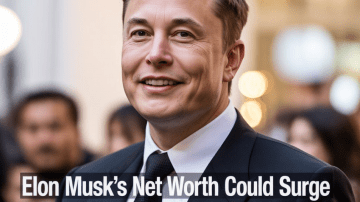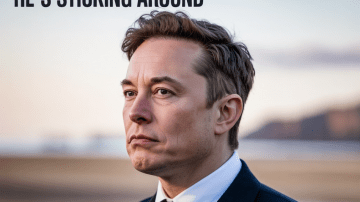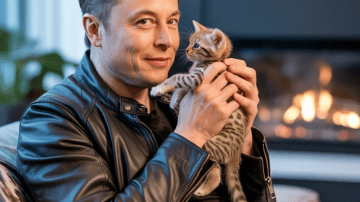When you think of Elon Musk, images of Tesla showrooms in California or SpaceX rockets blazing into the skies over Florida might spring to mind. But in recent years, Musk’s gaze has shifted eastward. From Shanghai to Singapore, from Seoul to Tokyo, Asia has become not just a market for Musk—it’s become an obsession. And if you’ve been watching closely, it’s clear: Elon Musk loves Asia.

The Spark of an Affair
It all began with Tesla’s groundbreaking Gigafactory in Shanghai, opened in record time in 2019. At the time, skeptics wondered why the world’s most talked-about entrepreneur would bet so heavily on China. Musk had an answer: “China rocks in my opinion. The energy in China is incredible.” That statement was more than just flattery—it was a glimpse into his admiration for Asia’s dynamism, discipline, and determination.
The Shanghai plant was not just another factory; it became Tesla’s crown jewel, producing vehicles faster and cheaper than anywhere else in the world. For Musk, this wasn’t just business—it was proof that Asia had the infrastructure, workforce, and appetite to fuel his vision of a sustainable future.
More Than Just Business
But Musk’s affection for Asia goes beyond Tesla’s balance sheets. He has repeatedly praised Asian engineers, entrepreneurs, and governments for their speed and execution. “Things get done here in weeks that would take months or years in the West,” Musk once remarked.
And he isn’t wrong. Consider South Korea, where Tesla has surged in popularity despite stiff competition from Hyundai and Kia. Or Japan, where Musk has been spotted meeting quietly with battery suppliers and robotics experts. In each visit, he doesn’t just shake hands—he studies, he learns, he absorbs the culture of relentless innovation that defines much of Asia.

A Cultural Fascination
For Musk, Asia is not only about factories and profits. It’s about culture. Fans recall how Musk once tweeted anime memes, how he embraced Japanese aesthetics, or how he praised Korea’s gaming culture. While those might seem like small gestures, they reveal a man who is genuinely curious about the region’s creativity and artistry.
Even in India, where Tesla’s entry has faced hurdles, Musk has kept the door open, meeting with Prime Minister Narendra Modi and hinting at future plans. For Musk, the pull of Asia is not just strategic—it’s emotional.
Asia’s Response: A Love Story in Return
If Musk loves Asia, the feeling is mutual. In China, he is treated almost like a rock star. Crowds gather at his appearances, social media platforms buzz with excitement whenever he visits, and Chinese consumers have embraced Tesla as more than just a car—it’s a lifestyle statement.
In Japan, where cultural caution often tempers enthusiasm for foreign entrepreneurs, Musk has gained respect for his boldness in pushing technological frontiers. Meanwhile, in India, excitement about Tesla’s potential entry has captured headlines and fueled discussions about electric mobility in a country still dominated by scooters and motorcycles.
The Business Edge
Of course, Musk’s romance with Asia also makes perfect business sense. Asia represents the largest and fastest-growing markets for electric vehicles, batteries, and renewable energy. By embedding himself deeply into the region, Musk ensures Tesla and SpaceX will remain relevant not just in Silicon Valley, but on the global stage.
Consider Starlink, his satellite internet project. In rural parts of Asia, from the Philippines to remote areas of Indonesia, Starlink has the potential to bridge the digital divide and bring millions online. For Musk, this isn’t just about expanding his empire—it’s about solving real-world problems.

Challenges Ahead
But like any love story, this one has complications. Musk’s admiration for Asia sometimes collides with geopolitical realities. His deep ties to China have raised concerns in Washington, where lawmakers worry about national security and intellectual property. Balancing his American roots with his Asian expansion is a tightrope Musk must walk carefully.
There are also cultural nuances. Asia’s business environment thrives on long-term trust and subtle negotiations, while Musk is famous for his blunt, sometimes chaotic style. Whether this clash will slow him down remains to be seen.
Why This Matters
So why should you care about Musk’s love for Asia? Because it’s shaping the future. If you drive a Tesla, chances are your car was built in Shanghai. If you use satellite internet in the coming years, there’s a good chance it will beam down from a Starlink satellite serving Asia. If you dream of Mars colonization, know that much of the technology powering that dream will have roots in factories and labs across Asia.
Musk’s Eastward focus signals a shift in global innovation: Silicon Valley may have birthed the startup revolution, but Asia is increasingly where the future is being built at scale.
A Vision Beyond Borders
Ultimately, Elon Musk’s love for Asia reflects something bigger: his refusal to see the world in narrow national terms. To him, Earth is a shared platform for humanity’s survival and progress. Whether it’s clean energy, faster transport, or interplanetary travel, Musk knows no single region can do it alone. Asia, with its billions of people and boundless ambition, is not just a market—it’s a partner in shaping tomorrow.
The Closing Thought
Love stories often end with a question: “Will it last?” In Musk’s case, the answer depends on how well he navigates the challenges ahead. But for now, the evidence is clear. His admiration for Asia is more than a passing phase—it’s a defining feature of his global vision.

So the next time you hear about Elon Musk’s plans, whether it’s a new Tesla launch or a Starship test flight, don’t just look west. Look east. Because for Elon Musk, the future may be made in Asia.

